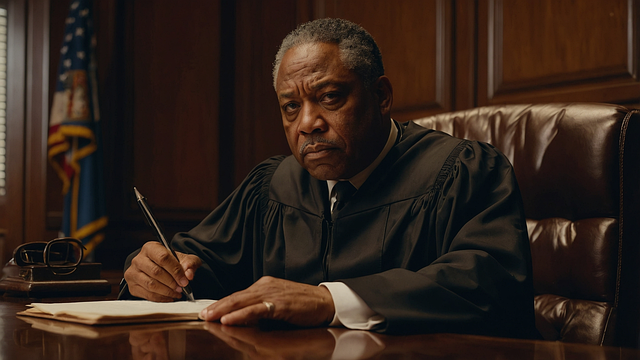Regulatory compliance is a critical aspect of business operations, requiring constant vigilance against evolving legal demands. In the criminal justice system, prosecutor strategies during plea bargaining offer a balanced approach between legal efficiency and justice. These tactics, by considering evidence, cooperation, and prior history, lead to mutually beneficial agreements that streamline court processes, promote defendant accountability, and ensure regulatory adherence from investigation to resolution. Such strategic negotiations are key in navigating complex systems, ultimately fostering trust and competitive advantage for compliant organizations.
In the complex landscape of legal practice, regulatory compliance issues are a cornerstone for successful outcomes. This article offers a comprehensive overview of understanding these challenges, focusing on the critical role of prosecutors in plea bargaining. We explore strategic tactics and considerations that not only navigate the legal intricacies but also ensure adherence to regulatory standards. By delving into these Prosecutor Strategies in Plea Bargaining Process, practitioners can enhance their approach to case management and mitigate potential risks.
- Understanding Regulatory Compliance Issues: A Comprehensive Overview
- The Role of Prosecutors in Plea Bargaining: Strategies and Considerations
- Effective Plea Bargaining Tactics to Ensure Legal Compliance
Understanding Regulatory Compliance Issues: A Comprehensive Overview
Regulatory compliance issues are a complex web that every business and organization navigates to stay afloat in today’s competitive landscape. It involves adhering to an array of laws, rules, and regulations set by various government bodies, industry-specific authorities, and international standards. Non-compliance can lead to severe legal consequences, including hefty fines, license revocations, damage to reputation, and even criminal charges for individuals involved.
Understanding these regulatory compliance issues is crucial for businesses aiming to foster trust with their customers, investors, and the philanthropic and political communities. A solid strategy often involves proactive measures like staying updated on legislative changes, implementing robust internal controls, and training employees on ethical practices. For instance, in the general criminal defense context, prosecutor strategies in plea bargaining processes reflect a nuanced understanding of regulatory compliance issues, aiming for mutually beneficial resolutions without compromising justice. An unprecedented track record of successful compliance can transform an organization into an industry leader, setting benchmarks for others to follow.
The Role of Prosecutors in Plea Bargaining: Strategies and Considerations
In criminal justice systems, prosecutors play a pivotal role in the plea bargaining process, offering alternatives to trial. Prosecutor strategies in plea bargaining involve carefully negotiating with defendants, considering both the strength of evidence and potential consequences for all parties involved. These strategies are crucial in navigating the complex landscape of respective business, focusing on resolving cases efficiently while ensuring justice is served.
Prosecutors must balance avoiding indictment, which can carry significant legal and public relations costs, with the need to uphold integrity within the enforcement process. Throughout all stages of the investigative and enforcement process, prosecutors weigh factors such as potential sentences, cooperation, and prior criminal history to reach mutually agreeable plea deals. This approach not only streamlines court proceedings but also encourages defendant accountability and cooperativeness.
Effective Plea Bargaining Tactics to Ensure Legal Compliance
Plea bargaining is a critical component of criminal justice systems, offering an alternative to lengthy trials. Effective plea bargaining tactics empower both prosecutors and defendants while ensuring regulatory compliance throughout all stages of the investigative and enforcement process. Prosecutors can employ strategic strategies, such as negotiating plea agreements that align with the severity of the offense, to reach resolutions in high-stakes cases. By carefully considering sentencing guidelines and potential consequences at each stage, prosecutors can balance justice with efficiency.
This approach not only streamlines judicial processes but also allows for more resources to be allocated towards other vital aspects of criminal investigations. Moreover, by focusing on substantial evidence and fair negotiations, the integrity of the legal system is preserved, even in complex cases where outcomes may carry significant weight. This strategic planning ensures that regulatory compliance remains paramount throughout the entire process, from initial investigations to final resolutions.
In navigating the complex landscape of regulatory compliance, understanding the role of prosecutors in plea bargaining is pivotal. By employing effective prosecutor strategies throughout the process, legal professionals can ensure adherence to regulations while achieving favorable outcomes. These tactics, as discussed, offer a comprehensive approach to managing risk and fostering mutually beneficial agreements, ultimately streamlining the resolution of regulatory issues.






